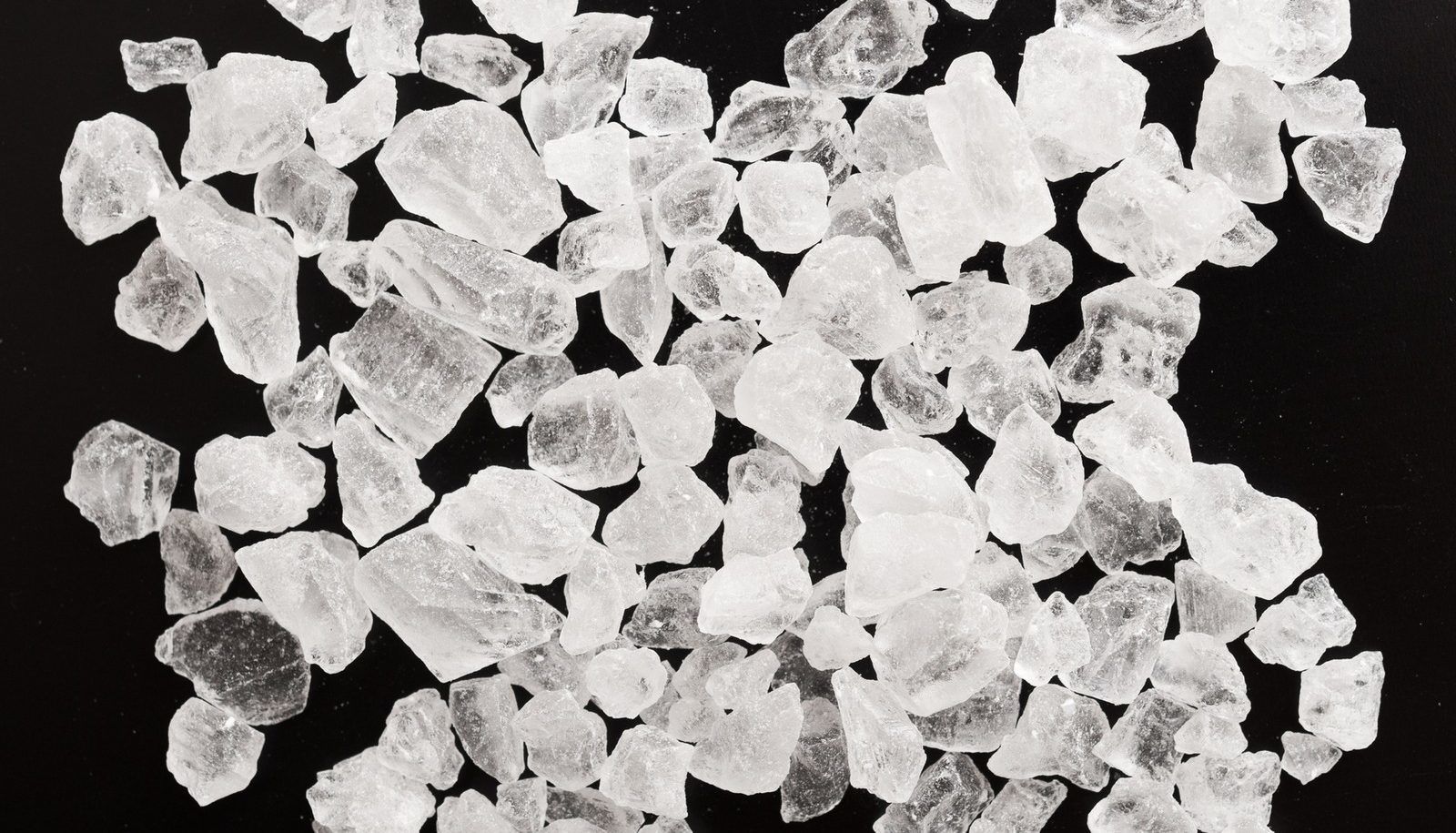Stricter rules and better monitoring needed if WHO target of 30% global reduction in salt intake is to be reached, say researchers

Tougher targets and regular monitoring of progress must be administered to see real improvement in sodium levels of globally processed meat and fish, a study by scientists from Wolfson Institute of Preventive Medicine, Queen Mary University of London, Department of nutrition and food hygiene, Hebei Medical University, Shijiazhuang, The George Institute for Global Health Peking University Health Science Centre, Faculty of Medicine, University of New South Wales, Australia, University of Hong Kong, The George Institute for Global Heath, Sydney, Discovery Vitality, Johannesburg, School of Computing, Beihang University, Beijing, Chinese Center for Disease Control and Prevention National Institute for Nutrition and Health, Beijing and Department of nutrition and food hygiene, Hebei Medical University, Shijiazhuang, revealed.
The five-country study compared levels of sodium in fresh, tinned and frozen meat and fish goods from China, U.K., USA, South Africa and Australia, produced between 2012-2018.
The analysis revealed that while processed meat and fish products in China and the USA were the saltiest, the remaining countries, who had each set personal sodium reduction targets, were not all necessarily meeting their intended goals. South Africa was ranked in third place, Australia in fourth and UK fifth.
Meat and fish goods in the U.K. for instance, only reached 26.6% of the sodium target rate they had set in 2017. British bacon also had the highest levels of sodium in the study.
All five countries had a 100g portion of meat or fish products contributing to between one half to a third of the suggested maximum daily sodium intake laid out by WHO.
The products containing the lowest levels of sodium in all the countries were raw unflavoured meats.
Reducing high sodium levels, which often come from salted foods, is a vital way to manage and ward off cardiovascular and renal disease, high blood pressure and premature death.
According to the study: “With development and urbanisation, more and more countries have realised the increasing challenge of prepackaged food to health. Although not surprising to many people, the specific findings in this study could be a good reference in developing specific strategies to promote sodium reduction.”
The researchers recommended focusing on reducing sodium levels in specific products and finding new ways to set and manage achievable targets. They also recommended finding more effective ways to approach manufacturers who are unwilling to change the level of salt in their products due to the consequential reduction in shelf life.
The World Health Organisation (WHO) recommends a maximum salt intake of 2000mg per day and in 2013, its member states agreed to reduce sodium intake globally by 30% by 2025.
In July the National Food Strategy, an independent review led by restaurant chain Leon’s founder Henry Dimbleby was published. The strategy listed a number of recommendations for the UK Government to promote the health of its citizens and reduce Britain’s carbon footprint. One of the propositions included adding a levy of £6 per kilo of salt and £3 per kilo of sugar.
The proposal stated that the salt and sugar tax would give an incentive to food manufacturers to develop healthier products, reformulate existing recipes and produce smaller portions.








